Jon Snow on London's treescape: ‘The environment should be the backdrop to everything we do’
The Channel 4 news presenter and tree champion on how he woke up to climate change.

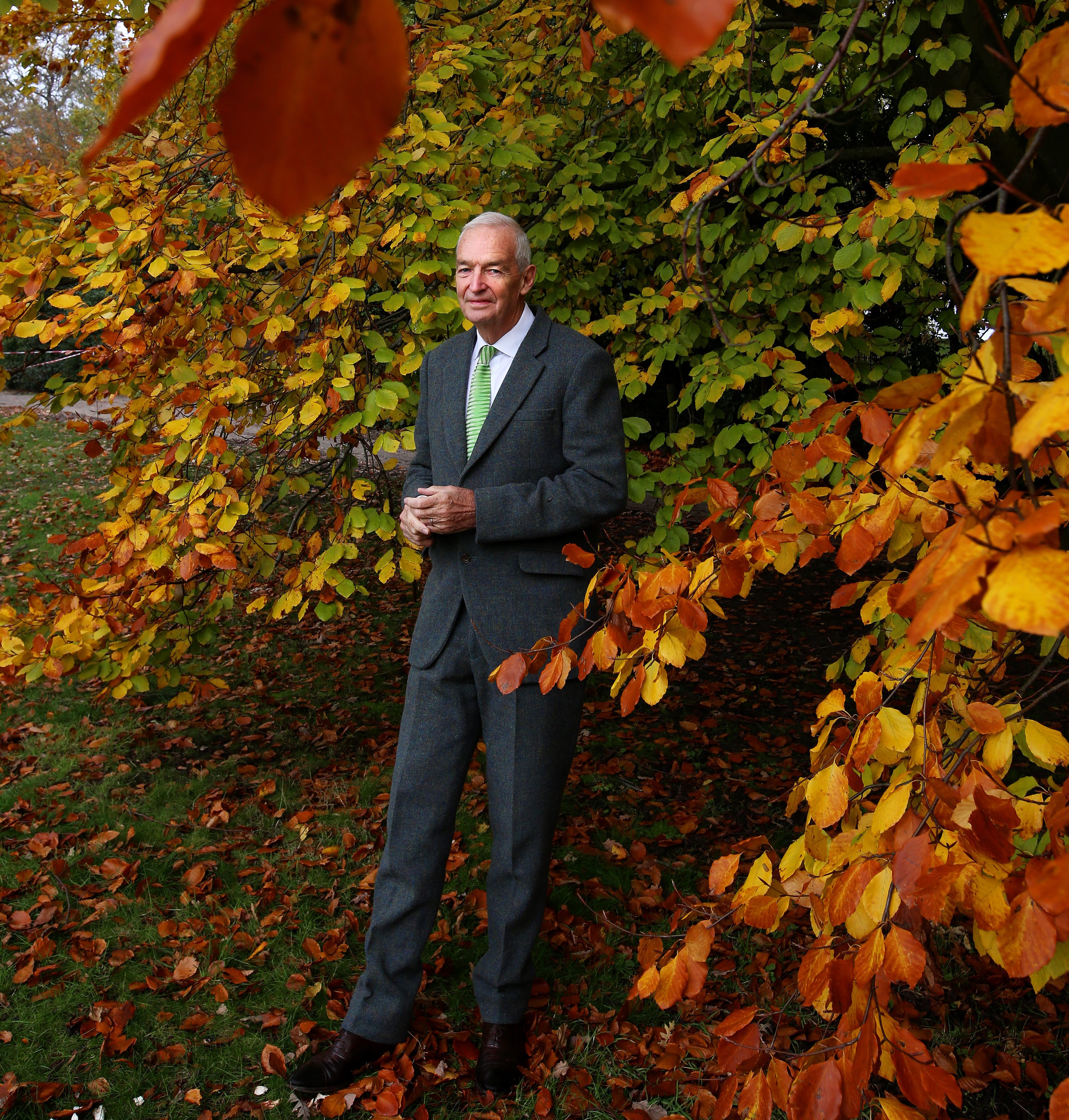
In a turbulent political year, Jon Snow, often presenting Channel 4 News live from the Palace of Westminster, has seemed like one of the few calm voices on the scene. Perhaps it’s because, unlike many covering the events, he’s never been a Parliamentary nerd, losing sight of the wider picture when disclosing the latest dodgy update from some undisclosed Government source.
He led an exciting life as a roving reporter before settling into his present role. His encounters with Idi Amin, Fidel Castro and Margaret Thatcher were recounted in his book Shooting History, things he now describes as ‘old news’. However, the early pages recall a picturesque childhood in the ‘green and rustic wastes’ of the Sussex Weald. He’s keener to talk about that and his memories of the setting are still vivid.
'To go for any walk around there was to walk though woods of oak and ash'
‘From my bedroom window in Ardingly, I could see the Balcombe viaduct on the London-Brighton railway line, about half a mile away,’ he says. ‘I’d watch the Brighton Belle in late evening bringing businessmen home, the little lamps shining on their tables. Between me and the viaduct was the most fabulous countryside, which meant I came to love trees both as a vista and then more intimately, because to go for any walk around there was to walk though woods of oak and ash.’
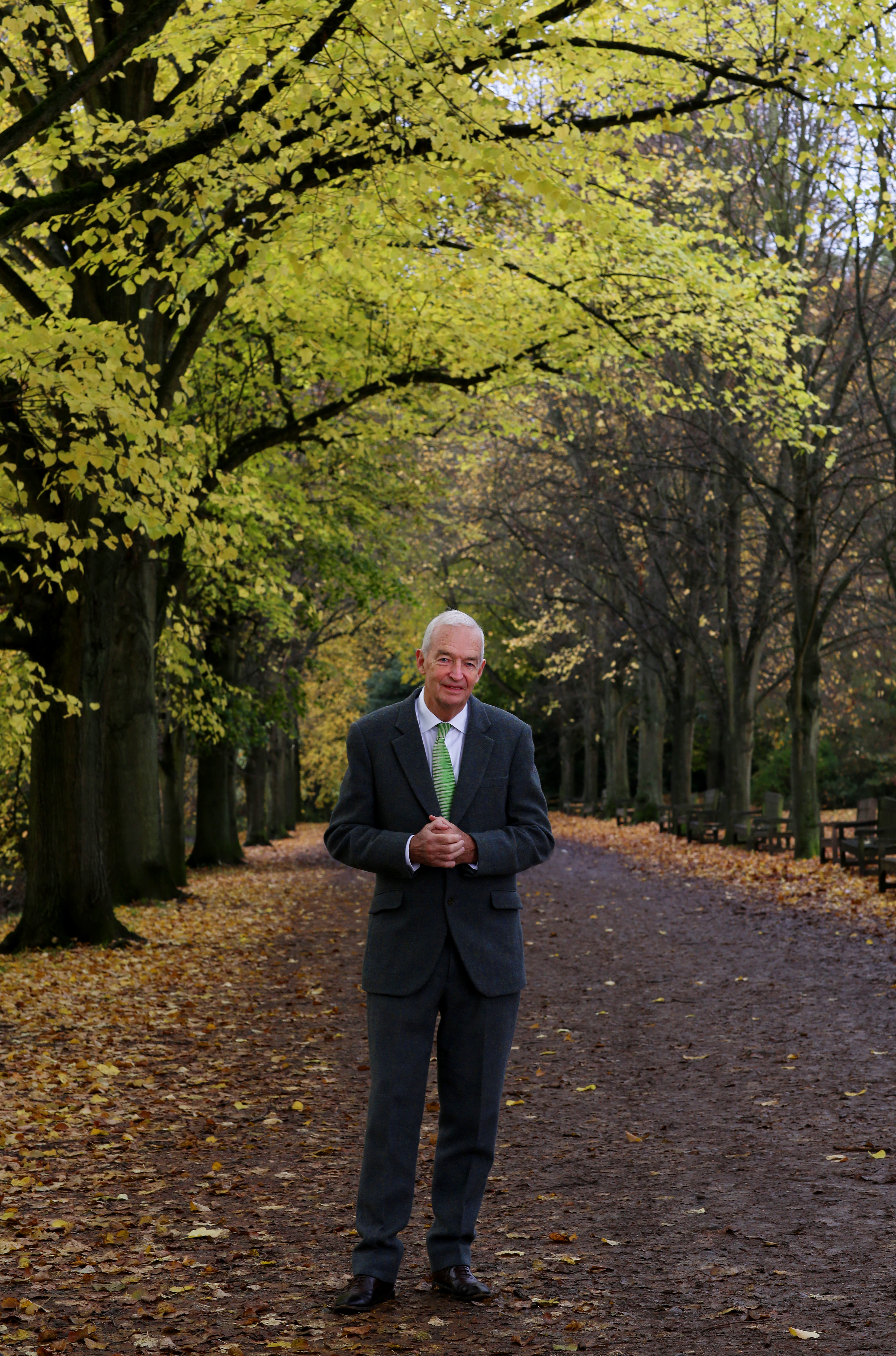
Our interview takes place at Kenwood House, looking out across the leafy northern heights of Hampstead Heath. He describes the spot as his ‘wooded lung’ from the moment he moved to London in his early twenties. ‘My cousin, Peter Snow [well known as an election analyst on TV] lived in Keats Grove at the bottom of the Heath, so I was quickly introduced to it and I’ve never lived far from it ever since.’
Kenwood, which nearly dis-appeared under housing in the 1920s, and the Heath, with its links with Octavia Hill, Victorian pioneer of urban green corridors and the National Trust, is central to the slowly evolving story of our national conservation movement, but Mr Snow was a late arriver in such affairs.
‘For the first half of my life, I was a pagan, an enjoyer of Nature, but not a conservationist,’ he admits. ‘I mean, I hated seeing the erosion of what we had, but it was only later that I became keen not only to preserve it, but to expand it.’
'I’d see the man from the Daily Express sitting fuming in a taxi queue and I’d whistle by'
He built his reputation as a biking reporter, often first on the scene of breaking stories. ‘Immediately I came to London and saw the traffic, I realised the only way around was on a bike, and this gave me an advantage,’ he recalls. ‘When I first became a reporter for LBC, the IRA was bombing its way across London. Whenever a bomb went off, I’d belt off on my bike. I’d see the man from the Daily Express sitting fuming in a taxi queue and I’d whistle by and often get under the police tapes right to the seat of the explosion.’
Exquisite houses, the beauty of Nature, and how to get the most from your life, straight to your inbox.
However, cycling, which Mr Snow describes as ‘my life’, has also made him a daily observer of London’s treescape. Notwithstanding the impressive stretch of the Royal Parks through the centre, he’s not impressed. ‘We’re certainly not a leafy city. I work in Gray’s Inn Road, one of London’s arteries, and I’ve watched them take 100-year-old lime trees down, for the only reason that a bus hit one of them.
If you look at the urban jungle, trees have not had a good time in the past 20 years.’
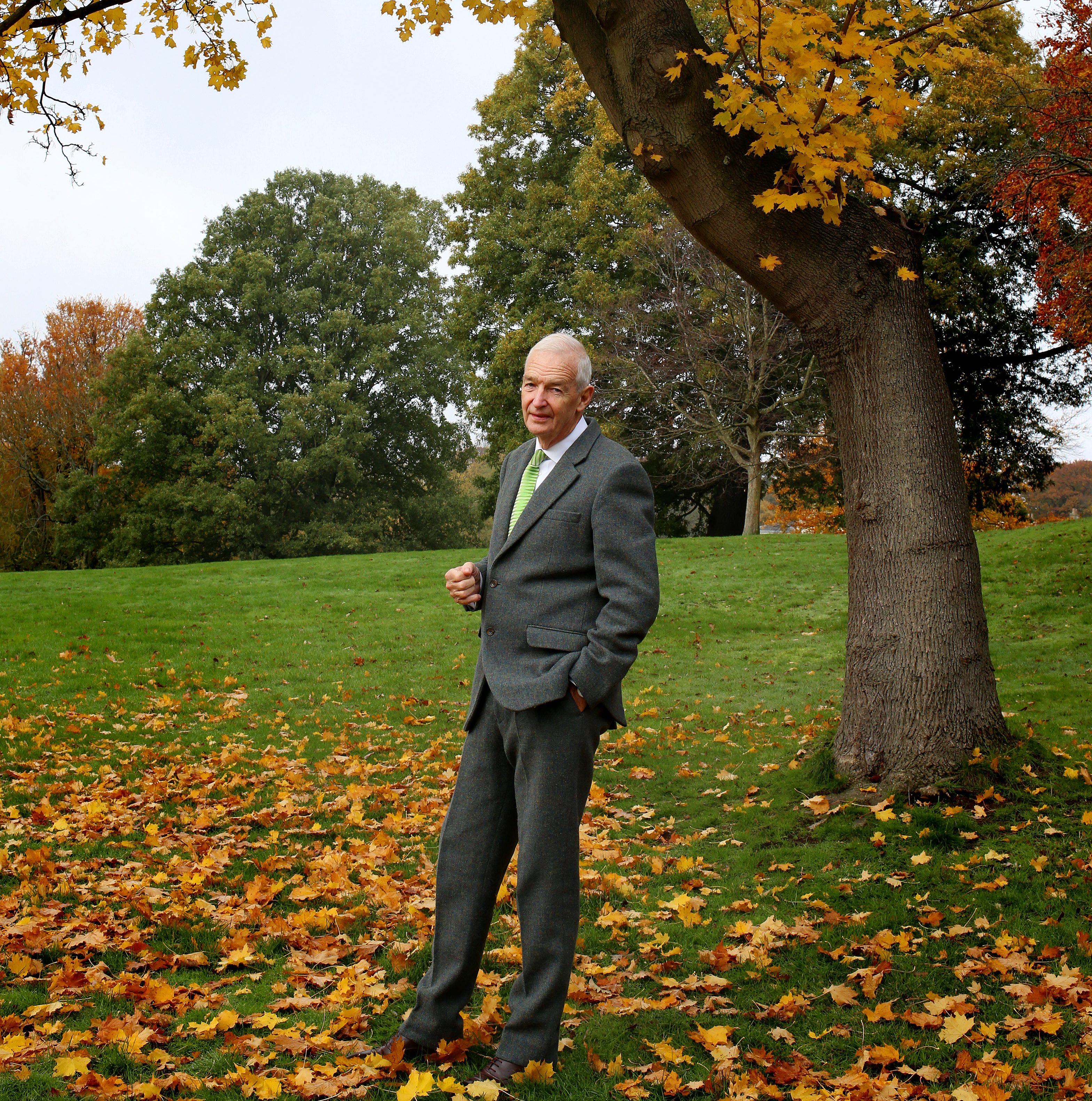
Nor is Mr Snow a huge fan of the Forestry Commission, although his foreword to its centenary book, British Forests: The Forestry Commission 1919–1920, says it ranks ‘with the NHS and the Houses of Parliament as key to our British way of life’. As it celebrates the centenary of the planting of its first trees this month, he says it’s still ‘only creeping towards conservation’.
Instead, his great passion is The Heart Of England Forest, an intended 30,000 acres of newly created broadleaf woodland that will be an urban lung to Coventry and Birmingham. He became chairman of this dream project ‘verging on madness’ through an association with the publisher Felix Dennis, who made his fortune with computer magazines.
'I’m not depressed about the future. I’m depressed about the present.'
‘We were chalk-and-cheese friends, me with my pukka voice and bishop for a father, him a neo- Cockney, very much of the Rolling Stones rock era,’ says Mr Snow. ‘On his deathbed, he called me up, said he was leaving all his money to the planting of a forest in the middle of England and that he wanted me to be its chair.
‘I agreed, little realising what a mammoth undertaking investing £200 million is. But it’s the most exciting thing because we’re doing what the government of the day has said needs doing, which is planting trees on a massive scale.’
Next year will see the charity plant its two millionth tree. ‘We’re making hay, but we’re doing it with trees,’ he jokes.
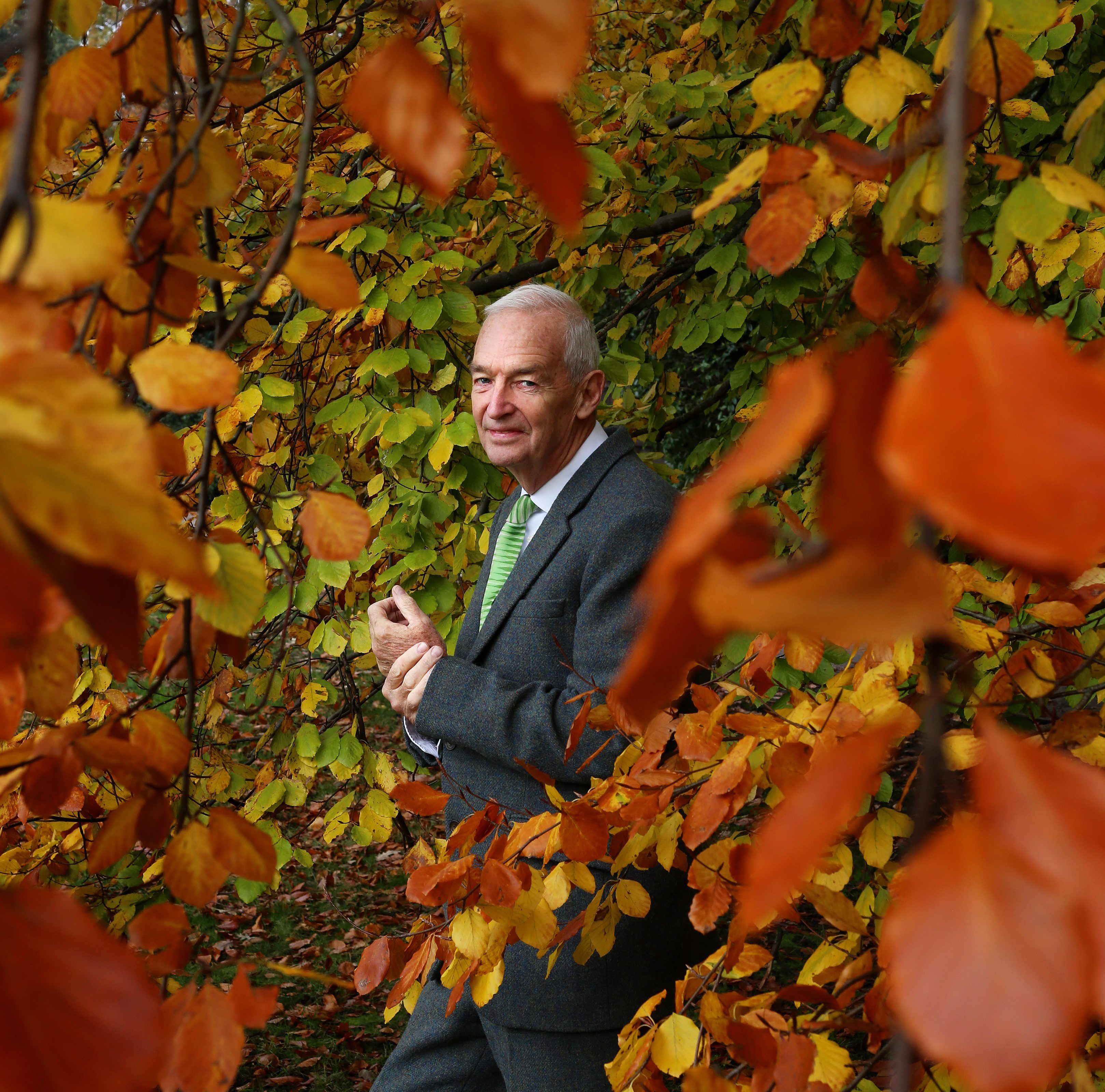
Mr Snow thinks the current green revolution ‘will stay in the soul’. ‘Once you’re woken up to climate change, people put their shoulder to the wheel. Tree planting doesn’t involve breaking the law or becoming a street protestor.’
He admits that Channel 4 News could devote more coverage to environmental issues and, in a year when politicians’ antics have left us shaking our heads, he thinks the main parties are still only feigning interest in green issues.
‘The Green Party has obviously woken a few people up in places such as Brighton, but to boast that we are a country with a strong green movement is an exaggeration. I’m not depressed about the future. I’m depressed about the present, because the environment isn’t playing a big enough part. It’s got to be the backdrop to everything we do.’
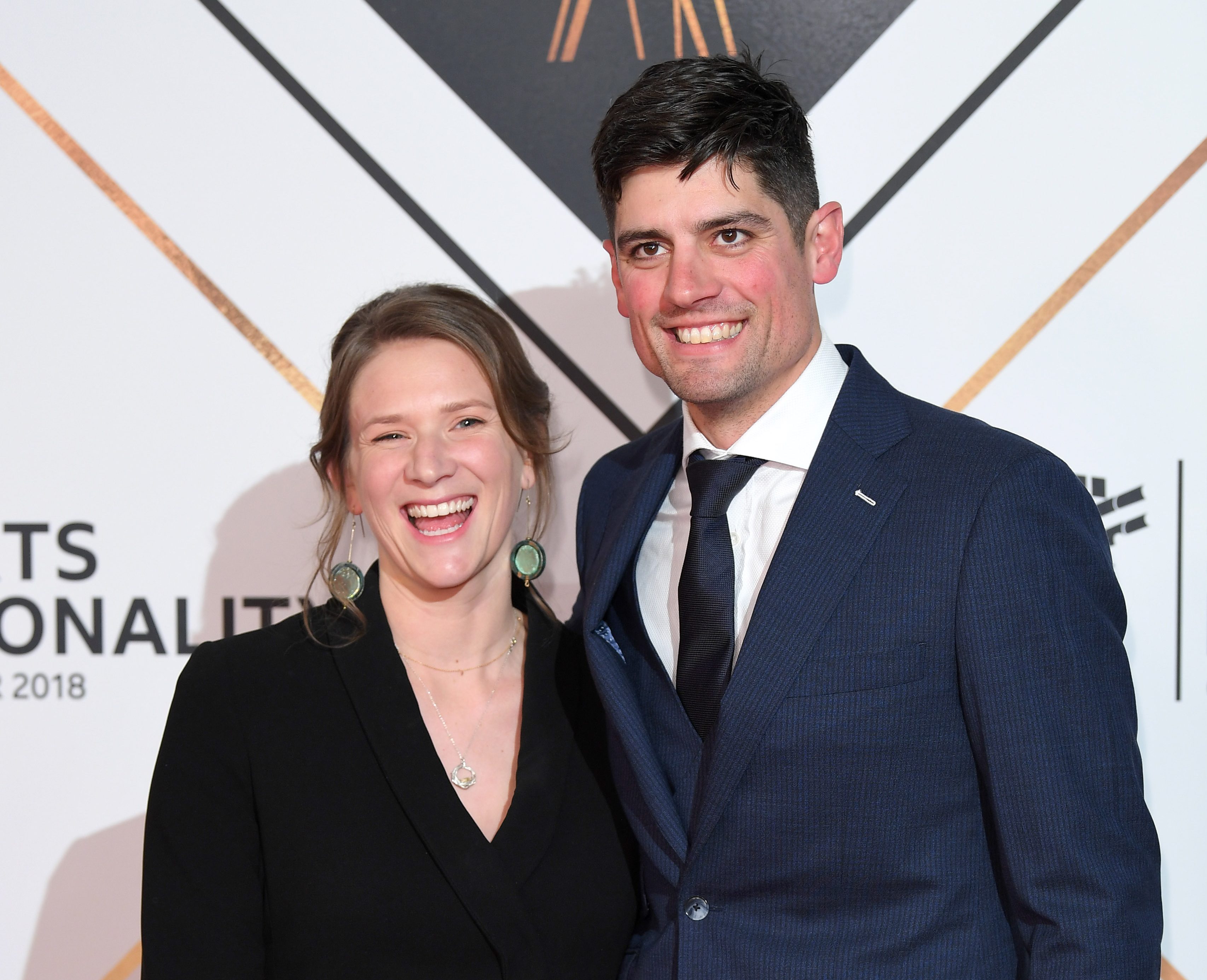
Alastair Cook on cricket and farming: 'Nature, like international sport, can be simultaneously cruel and wonderful'
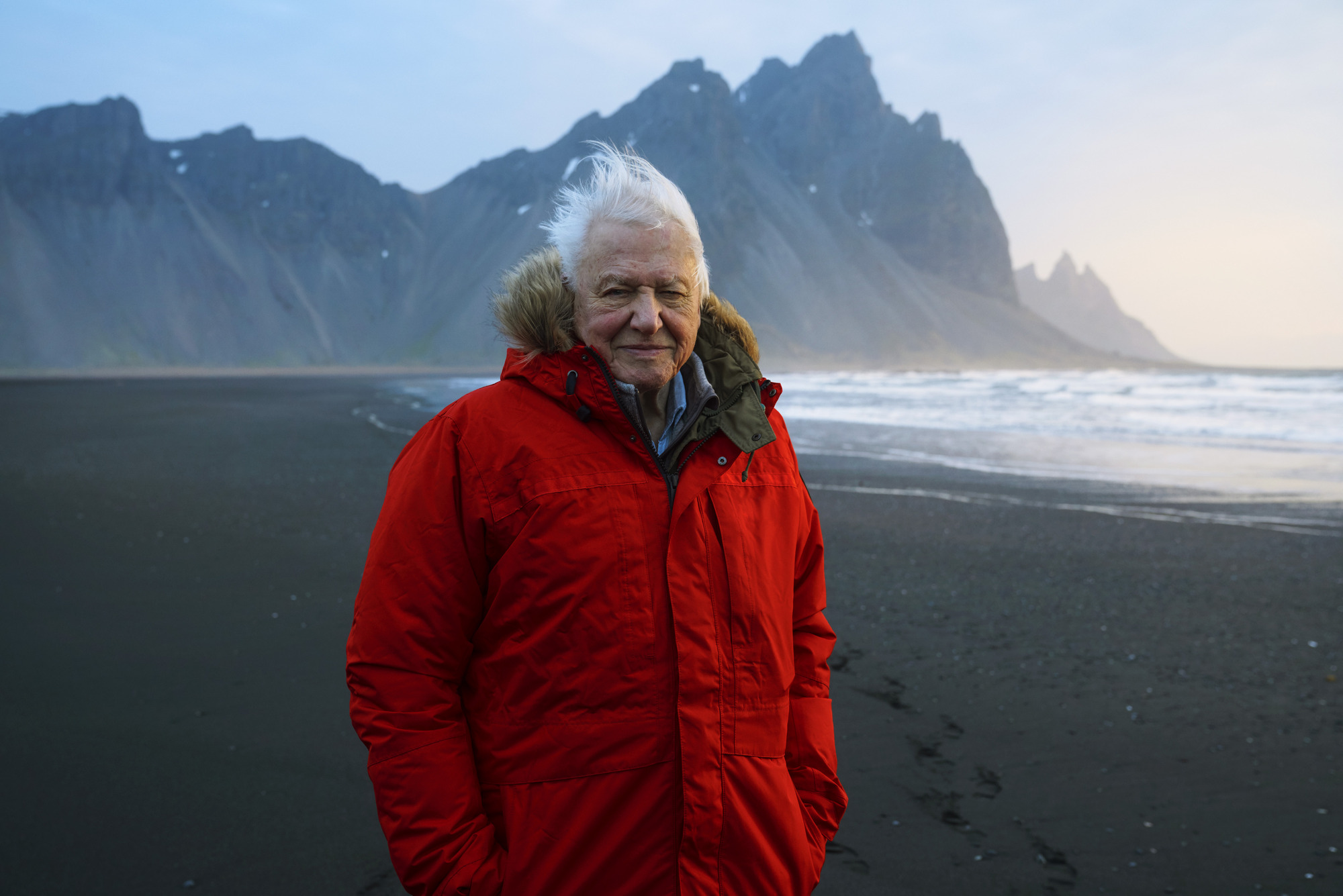
Country Life Today: 'I think we're all shifting our behaviour, I really do'
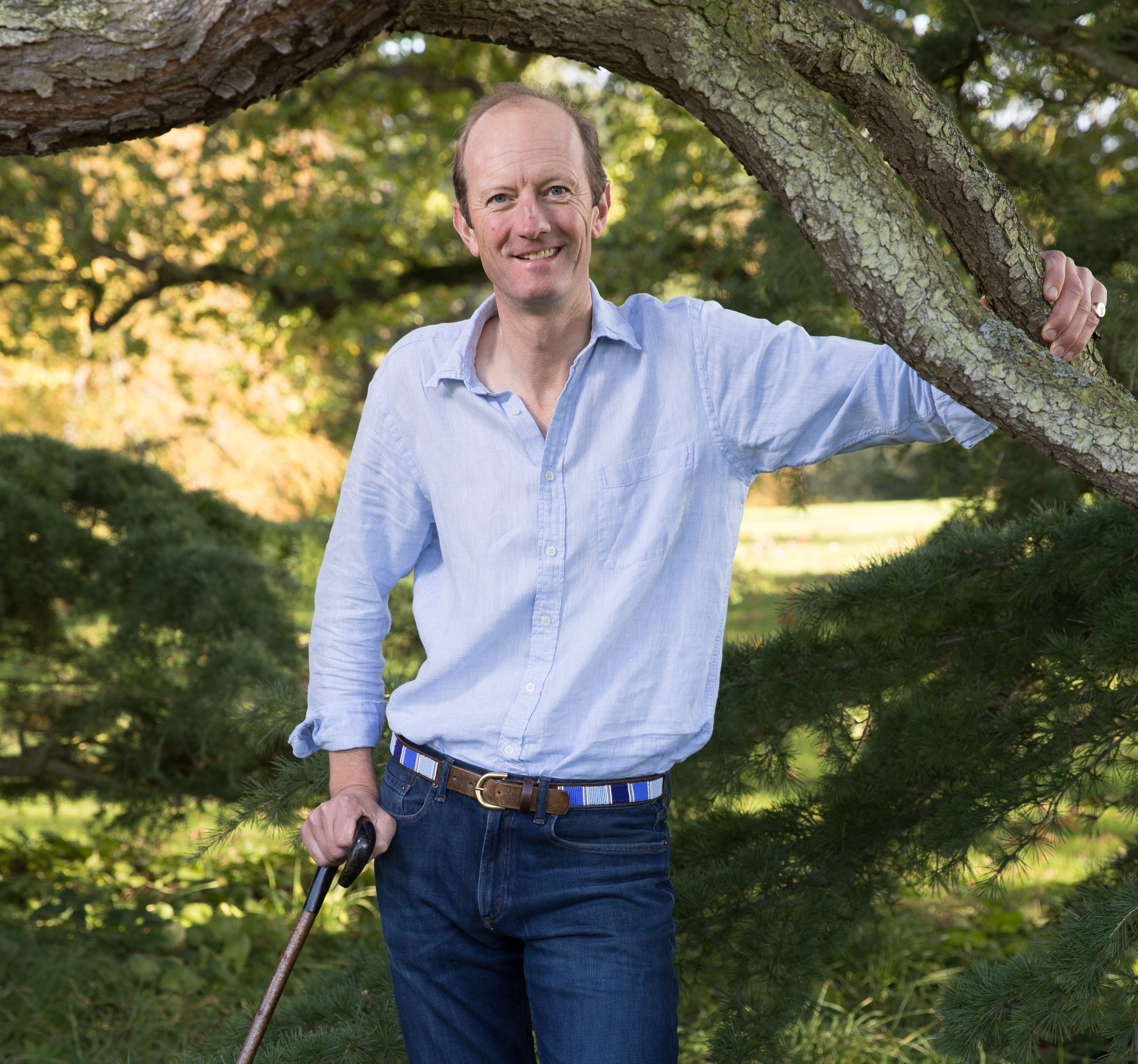
The CLA president on why private landowners are part of the climate-change solution
Jack Watkins has written on conservation and Nature for The Independent, The Guardian and The Daily Telegraph. He also writes about lost London, history, ghosts — and on early rock 'n' roll, soul and the neglected art of crooning for various music magazines
